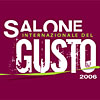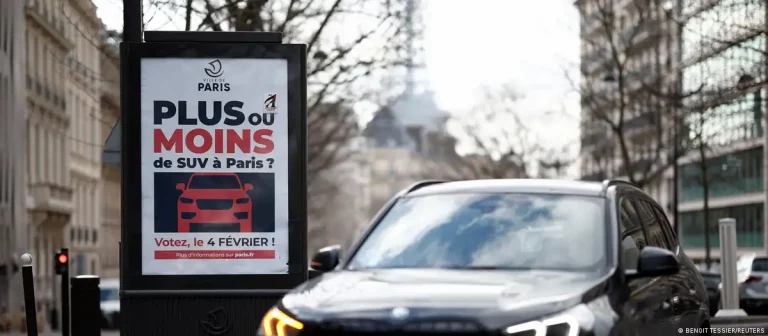Designing a zero impact trade fair
This is what Luigi Bistagnino, professor at the Master in Systems Design at the Politechnic University of Torino, told me last night at a gallery opening here.
As reported in an article on the Italian version of Sloweb, Slow Food’s online news magazine, Slow Food, the industrial design department of the Polytechnic University of Torino and the Zeri Foundation (run by fellow Belgian Gunter Pauli) are collaborating on a project that analyses all the waste the trade fair generates, with the aim to achieve zero impact and emissions, and to use the Salone del Gusto 2008 as an example of how systems design can reduce trade fair impact globally.
Here is a quick translation of the Italian article:
A fair with zero impact
Every two years the Torino conference centre of Lingotto hosts the international “Salone del Gusto” fair, which means (based on 2004 figures): 140,000 visitors in a 50,000 square metre space, 125 stands, 600 exhibitors, 270 tables and other restaurant and catering facilities, tasting areas, training classes, taste labs, etc.
Such a show of food products in a conference venue with that many visitors creates of course a substantial amount of biological and non-biological waste, which has a substantial environmental impact.
The desire to turn the Salone del Gusto into a sustainable trade fair grew out of the Slow Food philosophy itself: one of the main challenges of our century is the need to construct and maintain sustainable systems on a social, cultural and environmental level, in order to meet the needs of the present generation without compromising the ability of future generations to meet their own needs. This therefore also needs to be the aim of the events that Slow Food organises.
Slow Food has therefore joined forces with the industrial design department of the Polytechnic University of Torino and the Zeri Foundation (Zero Emission Research & Initiatives) to promote the project entitled “A systemic vision applied to trade fairs: the case of the international Salone del Gusto 2008”. The project will analyse all the various types of waste that the event generates, with the aim to achieve zero impact and emissions.
The project will already kick off during the 2006 edition of the Salone del Gusto, with a first analysis of the various waste types: water, biological material, plastics, glass, paper and organic matter. The team will also look at the organisation in general and at the disposal of the fair stands. Next year they will repeat this exercise during the Slow Fish and Slow Cheese fairs.
The main aim of the project is to reuse all waste products of the Salone del Gusto 2008 as resources in new production, therefore achieving added value. Undoubtedly, an optimal re-use of waste through the use of current or future technologies will also result in gains and benefits for the region, not in the least because zero impact has been achieved.




